The US- and UK-based company Quantinuum today unveiled Helios, its third-generation quantum computer, which includes expanded computing power and error correction capability. The new system, located at Quantinuum's facility in Colorado, features a core chip containing 98 barium ions that serve as the qubits, which perform the actual computing. This represents a significant increase from its predecessor, H2, which used 56 ytterbium ions.
According to Jennifer Strabley, vice president at Quantinuum, Helios is an important proof point in the company's roadmap for scaling up to larger physical systems. "It's a major milestone in our journey to build a more powerful and reliable quantum computer," Strabley said. "We're excited to see how Helios will enable new applications and use cases in the future." Quantinuum formed in 2021 from the merger of Honeywell Quantum Solutions and Cambridge Quantum, with Honeywell remaining the majority owner.
Quantinuum's use of individual ions as qubits could be easier to scale up than quantum computers that use superconducting circuits as qubits, such as those developed by Google and IBM. This is because ion-based systems are less prone to errors caused by interference and noise, which can be a major challenge in quantum computing. However, Helios is not yet powerful enough to execute the industry's dream money-making algorithms, such as those that would be useful for materials discovery or financial modeling.
Quantinuum's Helios system comprises a myriad of components, including mirrors, lasers, and optical fiber. The company's focus on ion-based quantum computing is part of a broader trend in the industry, as researchers and developers seek to overcome the limitations of superconducting circuits. While superconducting qubits have been widely used in quantum computing, they are often plagued by errors caused by interference and noise.
Quantinuum's Helios system is a significant step forward in the development of quantum computing, but it is still in the early stages of its journey. The company plans to continue refining its technology and exploring new applications for its quantum computers. As the industry continues to evolve, it will be interesting to see how Quantinuum's ion-based approach compares to other quantum computing architectures.
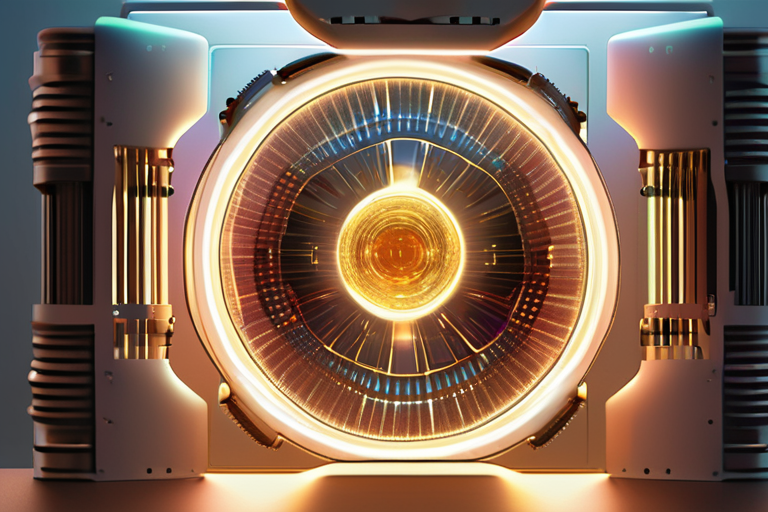


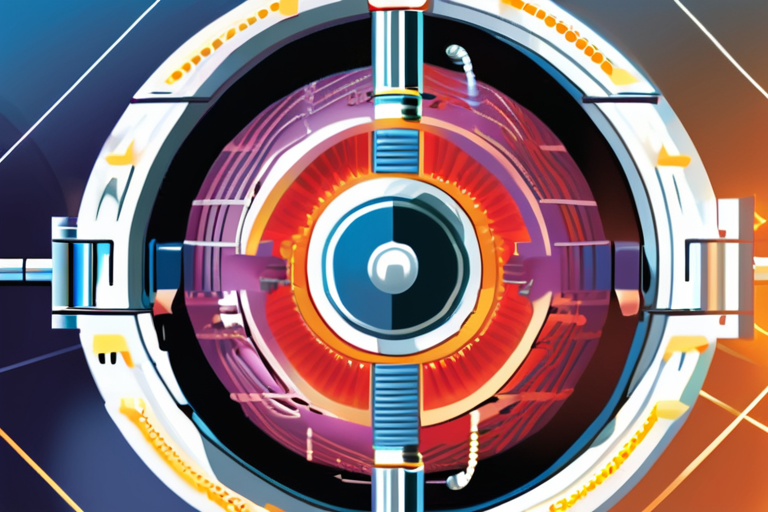




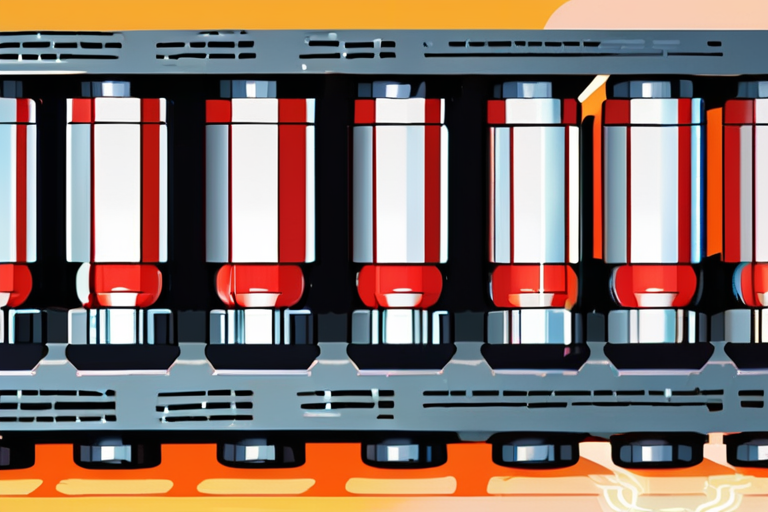
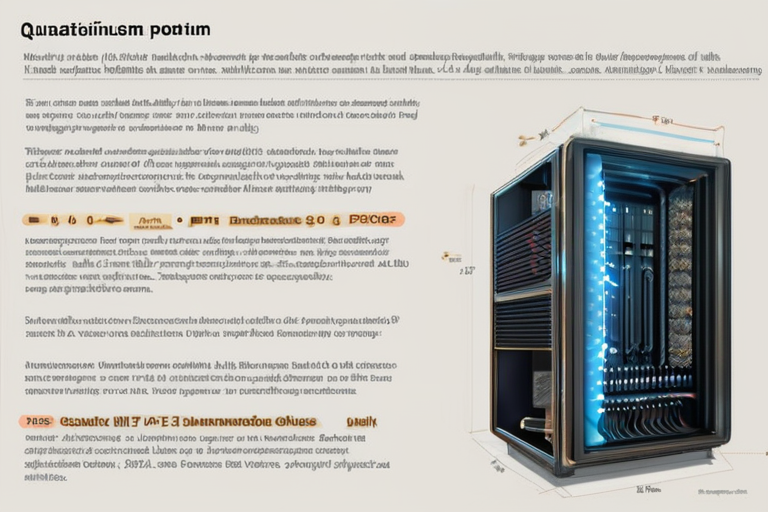

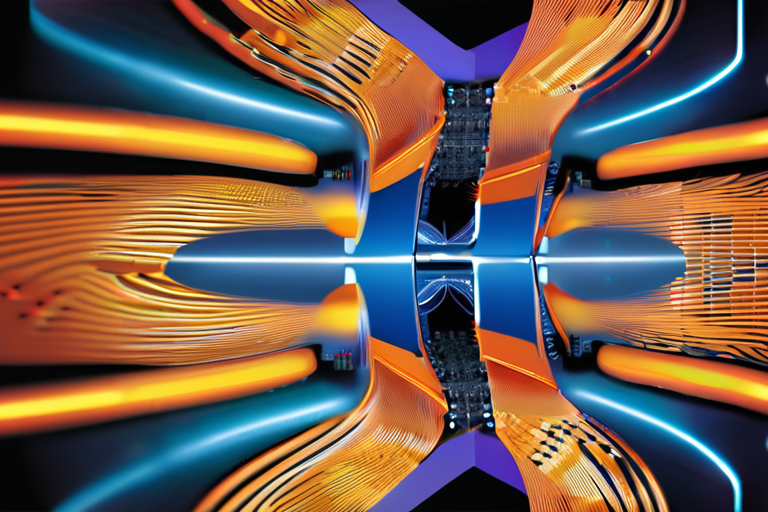
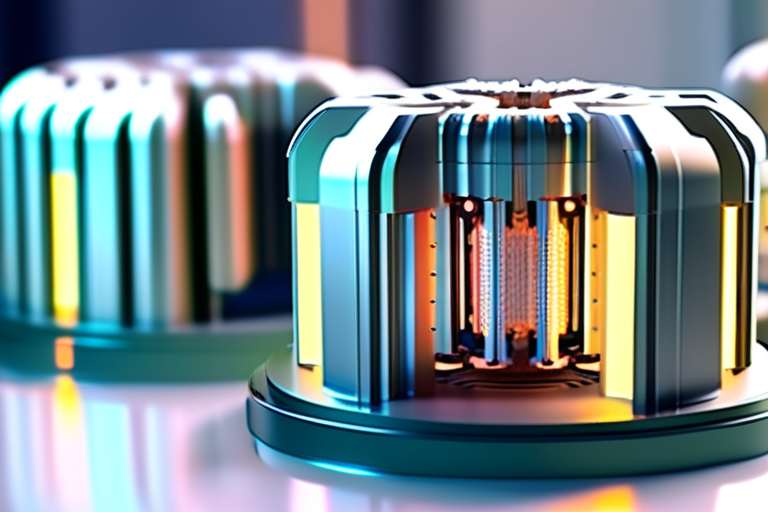

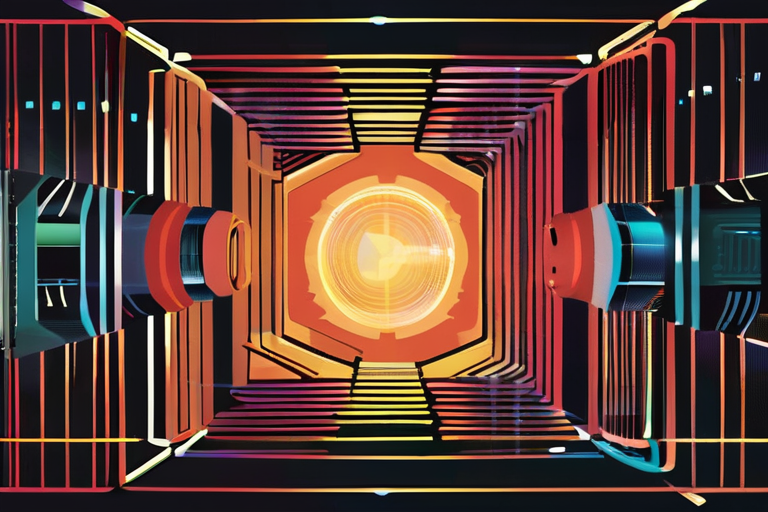
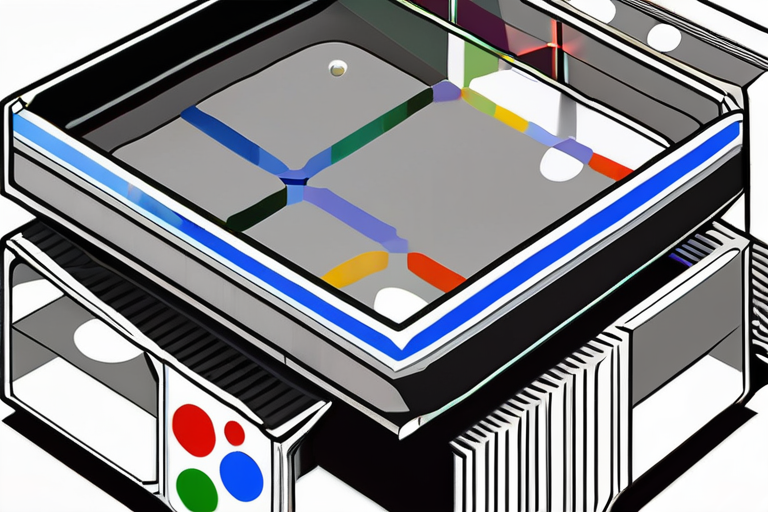
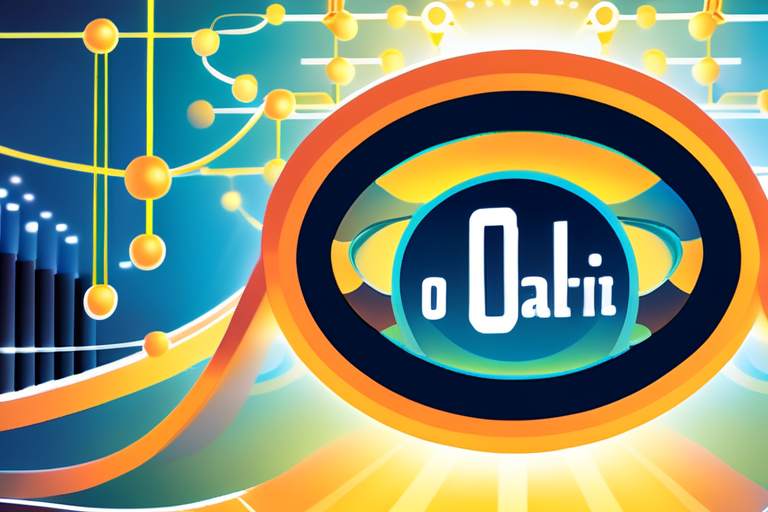
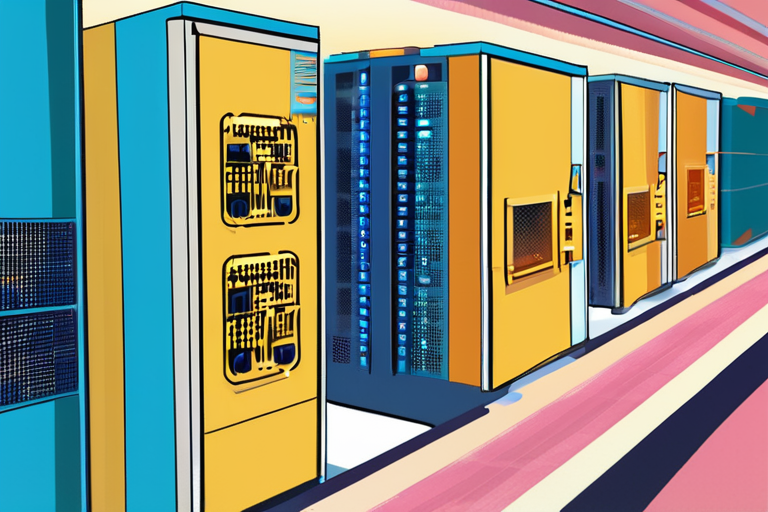
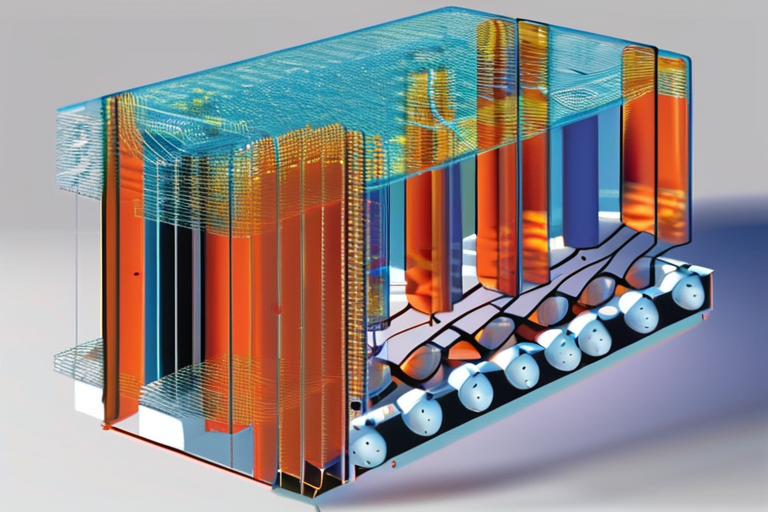
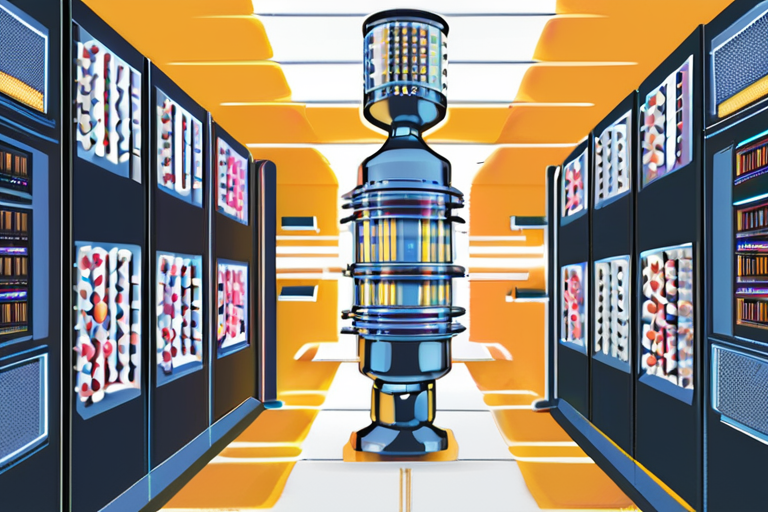
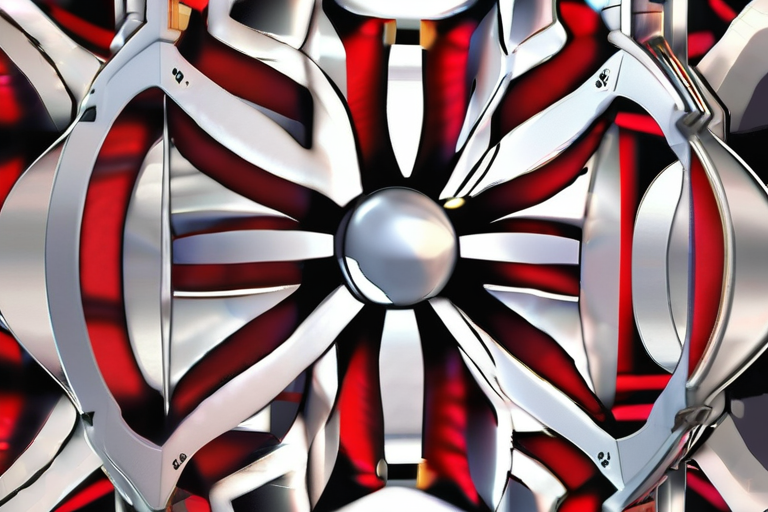
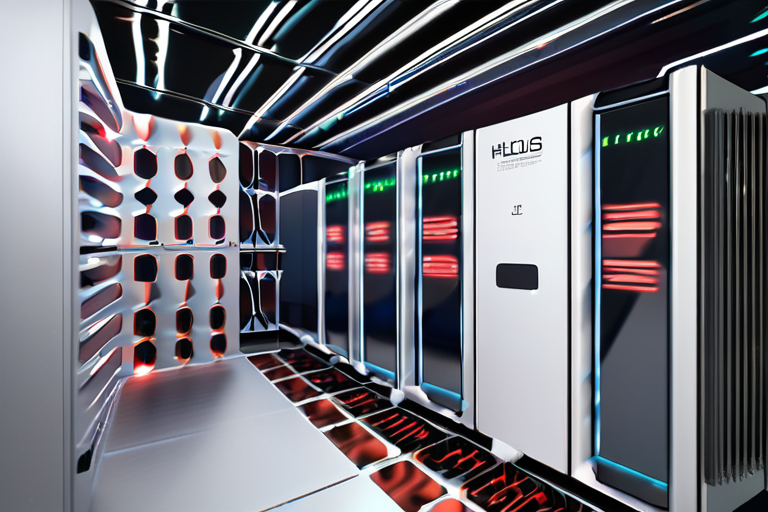

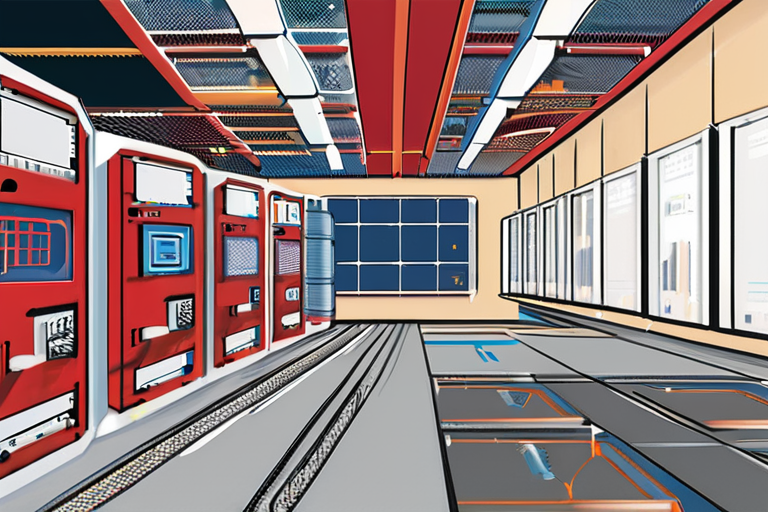
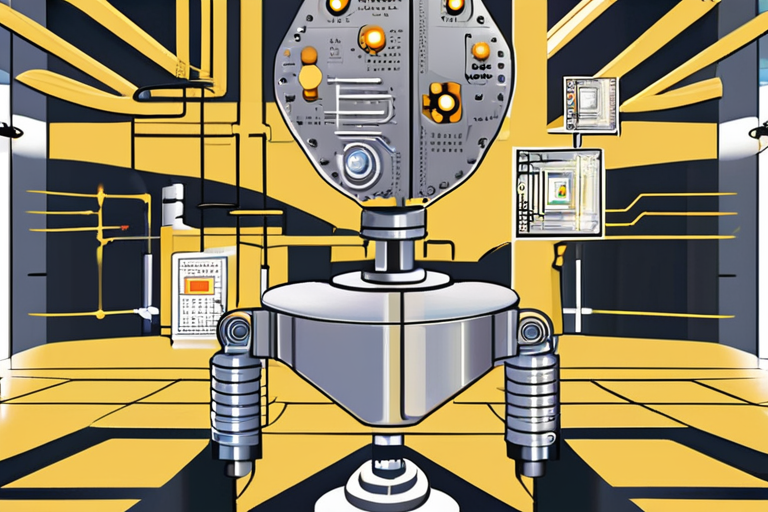
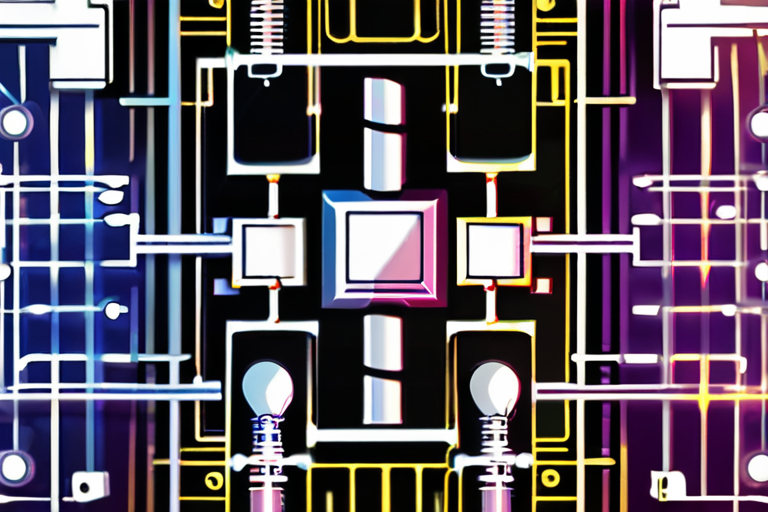

Share & Engage Share
Share this article